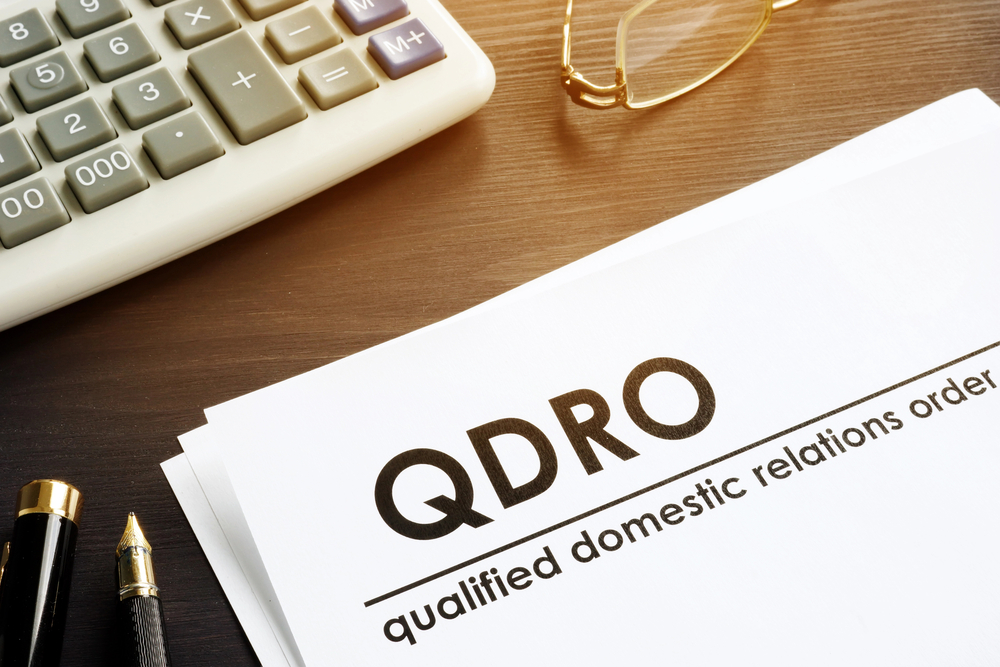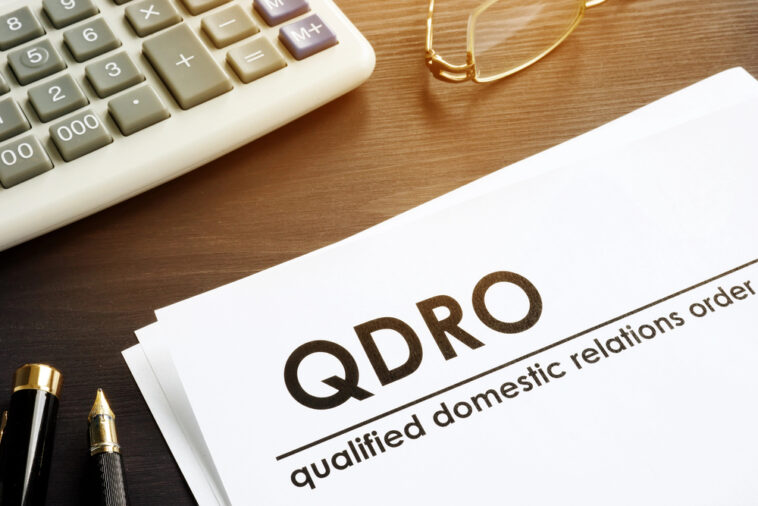 “`html
“`html
Enforcing QDRO Compliance in Arizona: An Opinion on Legal Challenges
Understanding Qualified Domestic Relations Orders (QDROs)
Qualified Domestic Relations Orders, commonly referred to as QDROs, are critical legal tools utilized during divorce proceedings to ensure the fair division of retirement benefits among spouses. In Arizona, a QDRO allows a former spouse, child, or dependant to claim rights to a portion of an individual’s retirement assets. This division is essential to achieving equitable financial arrangements post-divorce. To be effective, these orders must be approved by the relevant retirement plan administrator, adhering strictly to both federal and state regulations.
Common Challenges in QDRO Compliance
Despite the clear legal framework surrounding QDROs, compliance remains a significant hurdle. Common issues include delays in submitting the QDRO to the plan administrator, refusals by an ex-spouse to sign, and errors in the calculation of benefits. Such delays and refusals can significantly hinder a rightful beneficiary’s access to entitled benefits, necessitating potential legal action to rectify the situation and secure financial assets.
The Impact of Non-Compliance on Financial Security
Compliance with a QDRO is not merely a procedural necessity; it is a financial imperative. Delays or miscalculations can result in considerable financial strain for the affected party. For example, an ex-spouse’s refusal or delay in implementing a QDRO can prevent timely access to crucial retirement funds, compromising the financial strategy for future stability.
Legal Avenues to Ensure QDRO Enforcement
Arizona law provides a structured process for enforcing compliance with a QDRO. In cases of non-compliance, the aggrieved party may file a motion with the court under ARS § 25-318 to enforce the property division mandated by the divorce decree. The court has the authority to issue orders that compel adherence, and in cases of willful non-compliance, it may hold the non-compliant party in contempt, potentially resulting in fines or even jail time.
Intersection of QDROs and Pension Plans
Pension plans, particularly those for public employees such as teachers, police officers, and firefighters, are often subject to division under QDROs. The structure of the division is dictated by the QDRO and the specific rules of the pension plan. It is crucial for the affected parties to understand these rules, as they affect the implementation of the order. Federal and military pensions, in particular, have unique requirements that can complicate asset division if not strictly followed.
Remedies and Court Actions in Case of Non-Compliance
The court can deploy several measures to enforce QDRO compliance. Beyond holding an ex-spouse in contempt, the court may issue a writ of execution to allow collection from the non-compliant party’s assets or order wage garnishment to recover owed amounts. Such steps underscore the legal system’s commitment to upholding the financial arrangements decreed during divorce proceedings.
The Role of Legal Paraprofessionals
Legal paraprofessionals play a crucial role in navigating these complex processes. While they are not attorneys, their expertise in family law provides a cost-effective means to address issues related to QDRO compliance. Their guidance is invaluable in ensuring all parties understand the legal obligations and options available to enforce compliance, thereby safeguarding their financial interests.
Conclusion: Ensuring Justice and Financial Stability
In conclusion, QDRO compliance is a cornerstone for achieving fair divorce settlements, especially concerning retirement assets. While challenges persist, the legal framework in Arizona offers remedies to ensure justice and financial equity. Engaging knowledgeable legal paraprofessionals can further ease this burden, offering guidance and assurance in securing one’s financial future post-divorce.
Given the complexities surrounding QDRO compliance, it is paramount for individuals to seek expert assistance to navigate this intricate aspect of divorce law. Doing so not only ensures adherence to legal mandates but also significantly enhances the likelihood of achieving a financially secure outcome.
Additional Assistance and Consultation
If you find yourself grappling with these challenges, contacting an experienced legal paraprofessional can provide the support you need. Legal experts at De Novo Law are dedicated to assisting clients through these processes, ensuring that their rights are protected and that they receive the retirement benefits they are entitled to by law.
“`
Originally Post From https://www.denovolawaz.com/qualified-domestic-relations-order/
Read more about this topic at
FAQs about Qualified Domestic Relations Orders
QDRO: Qualified domestic relations order – Retirement Plans

